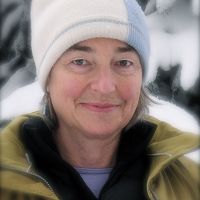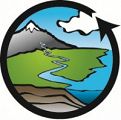CUAHSI Cyberseminar - Suzanne Anderson on Boulder CZO
PRESENTATION/TALK | WEBINAR | EDUCATION/OUTREACH
Boulder Creek CZO: Natural experiments to study Critical Zone evolution and function
Online
-
Boulder, INVESTIGATOR
3:00 pm ET.
A CUAHSI cyberseminar is a PowerPoint presentation shown over the web in conjunction with a conference call for narration by the presenter. CUAHSI pays on a connection basis so minimizing the number of connections on each campus is preferable. If time allows, a question and answer period may follow.
Anderson will discuss the Boulder Creek CZO: Natural experiments to study Critical Zone evolution and function. NSF established Critical Zone Observatories in late 2007 to promote interdisciplinary research on integration and coupling of Earth surface processes. Glaciers, knickpoint migration, and post-orogenic decay have shaped different parts of the Boulder Creek watershed in the Colorado Front Range over the Cenozoic. At the largest scale, we examine how these different erosion regimes shape the landscape and subsurface Critical Zone architecture. We use cosmogenic radionuclides to establish timing, and models to test possible erosion drivers. We also look at current processes operating at the hillslope scale. In one subwatershed, contrasting slope aspect provides an experiment on water delivery to the subsurface. Water flowpaths from melt of a seasonal snowpack are compared with flowpaths on adjacent slopes that experience only intermittent snow. The depth to fresh rock differs on these slopes, presumably reflecting the long-term effect of differing weathering processes and rates. Modeling will be required to link modern processes through past climates and vegetation regimes to the Critical Zone structure we see.
This CZO presentation is part of the Fall 2011/Spring 2012 Cyberseminars Theme — "Earth Observatories for Interdisciplinary Science: Reports from Critical Zone Observatories and Water, Sustainability and Climate Studies"
Explore Further


